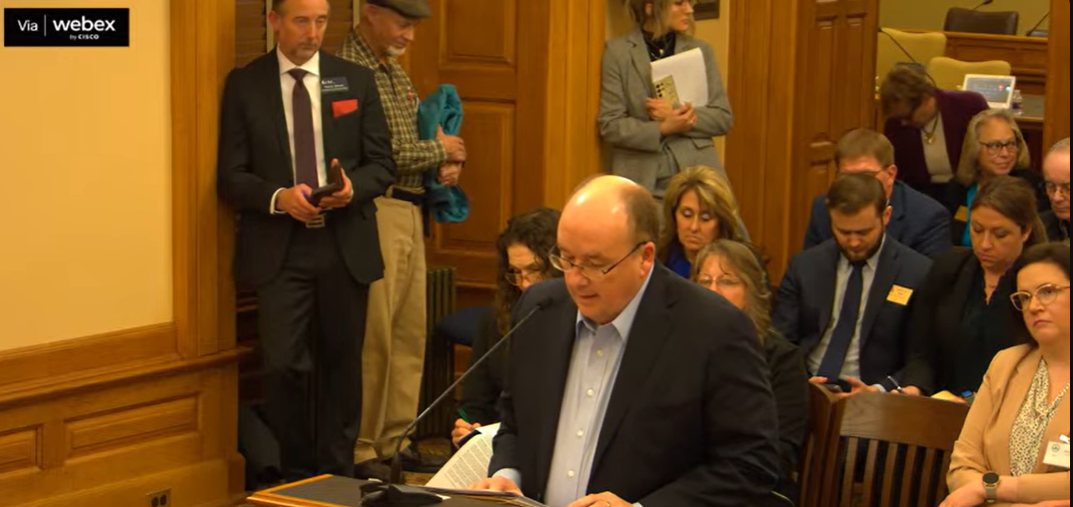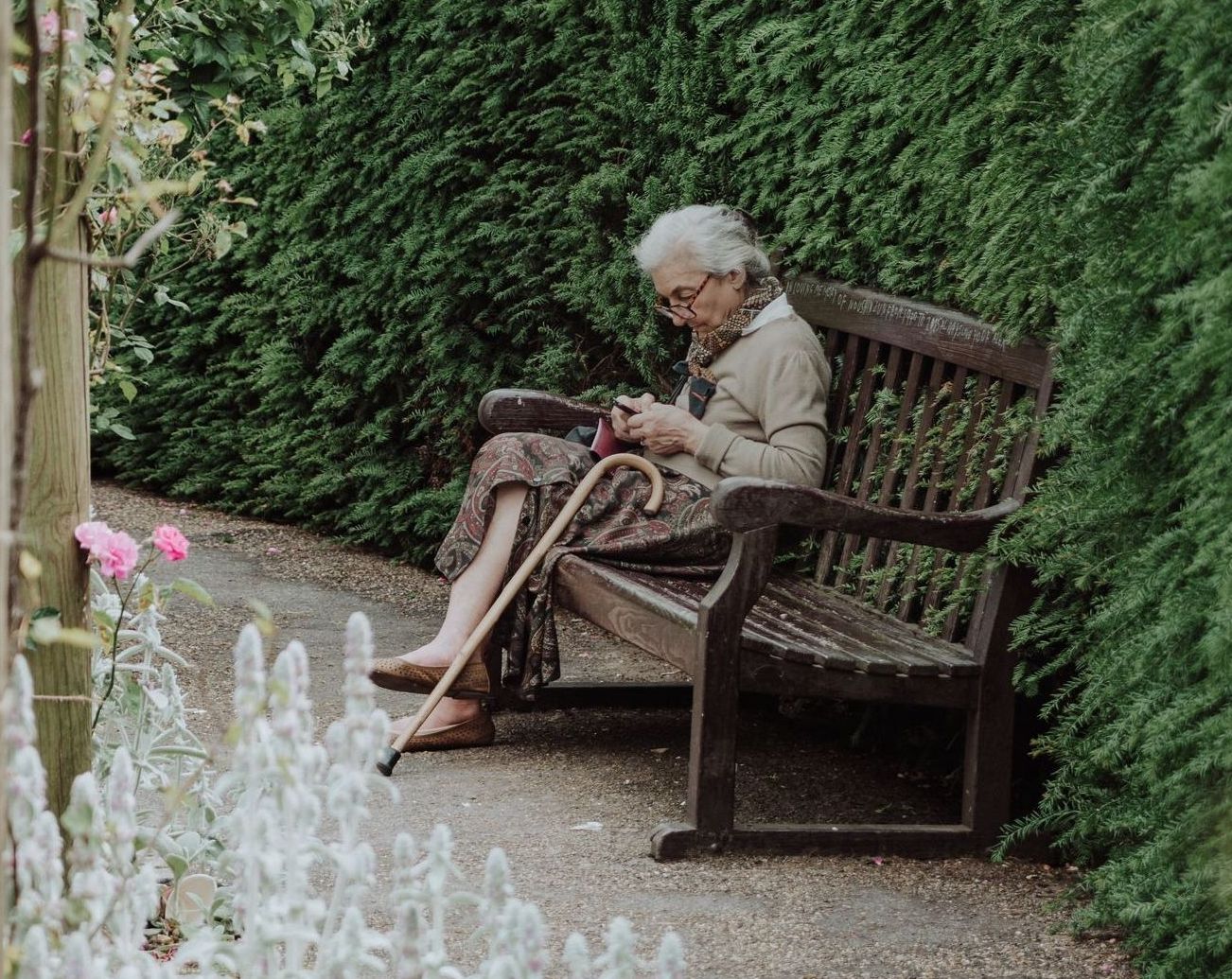January 8, 2025
If predictions are correct, the upcoming Kansas Legislature can likely be summed up by one word: “change.” Leadership changes, a large freshman class of legislators, new committee chairs and a compressed calendar all combine to make 2025 a year full of changes. Added to the mix is a stronger Republican supermajority with an additional 2 seats in the Senate and 3 in the House of Representatives. A quick breakdown by the numbers: The 2025 Senate is comprised of 31 Republicans and 9 Democrats. There are 14 new senators; 13 of whom are Republicans. Almost half of the new senators, 6, previously served in the House. Of the 40 Senators, 27 are men (a gain of 4) and 13 are women. Of the 125 members of the House, 88 Republicans make up the majority with 37 Democrats in the minority caucus. Of the 25 House freshman, 21 are Republicans and 4 are Democrats. Women will make up almost a third of the House, 41, with a gain of 6 House seats in the last election. There are 84 men in the House. One new House member previously served in the Senate. The legislature lost decades of institutional knowledge with the retirement of 19 House members and 14 senators. Many of the retiring legislators were experienced lawmakers who served in leadership positions and committee chairs. Significant procedural changes will impact legislative dynamics. Legislative leaders have adopted a compressed timeline for the 2025 session with plans to adjourn sine die no later than April 12 (the 90th day of the legislative session). Traditionally, the 90th day occurs at the end of April/early May with the ceremonial sine die held in late May. You can view the session calendar here. A new process will change the way the State budget is developed. Instead of using the governor’s budget as the base to begin negotiations, a special legislative budget committee will introduce what is being termed the “legislature’s budget” on Jan. 13, the first day of the session. The special committee met five days during November and December to craft a budget based on the 2024 approved budget, with very few enhancements requested by State agencies. How the budget process and tight time schedule proceeds is still largely to be determined. There are major changes in legislative leadership with the Senate electing Sen. Tim Shallenberger, (R-Baxter Springs) as its new vice president and Sen. Chase Blasi (R-Wichita) as majority leader. Sen. Ty Master (R-Andover) remains Senate president Dinah Sykes (D-Lenexa) will continue as Senate minority leader. In the House, Rep. Brandon Woodard (D-Wichita), takes the reigns as the new minority leader. Committees, too, will look different led by mostly new chairs and/or vice chairs along with new members. In the Senate, a new Committee on Government Efficiency, modeled off the proposed federal Department of Government Efficiency, will explore ways to restructure and reform state government to reduce spending and increase efficiency. All of these changes and multiple moving parts, including the goal to keep a tight rein on the budget, add up to uncertainty related to health and social services issues, including those impacting older adults. With all these variables, this will, in sports terms, be a “building year.” KABC will use this opportunity to build relationships with new and returning policy makers to explore legislation that supports person-centered policies and programs while protecting the rights of aging persons and those with disabilities. We will keep you regularly updated during the 2025 session and opportunities for advocacy but we encourage you to get acquainted with your elected officials. They want and need to hear from you, their constituents. Your experiences and observations about long term care in Kansas helps build their knowledge around these issues with first-hand information about the needs of the people they serve.












